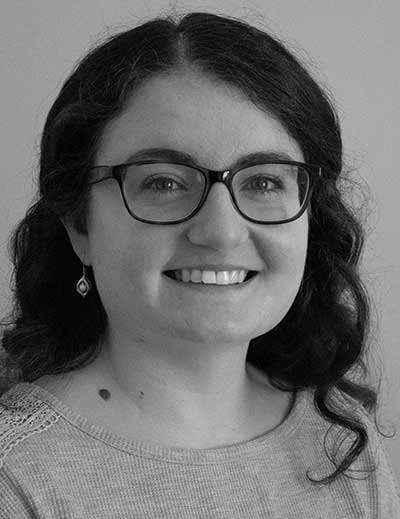

Marietta, Ga. | Dec 23, 2021
Researchers around the world work tirelessly every day to mitigate and accommodate the influx of environmental issues. Angelina Damaj, an architecture student who recently graduated from Kennesaw State University, is one such researcher. She seeks to investigate the possibility of bringing ecotourism to the Chernobyl Exclusion Zone, a place which has long been abandoned due to an excess of radioactivity from the nearby nuclear plant of the same name.

“With more people coming into Chernobyl for tourism, there is a higher risk of the ecosystem being threatened,” Damaj said. “My proposal is an urban design that is shaped by ecotourist principles that will protect people from radiation, that will not harm or disrupt the natural environment, and that will educate the visitors on the dangers of nuclear power.”
Damaj’s research thesis, “Revival of a Dead Zone,” was recognized for its merit by the Architectural Research Centers Consortium (ARCC). She received the King Medal for Excellence in Architectural and Environmental Research for 2021, an award bestowed upon one student per member institution. Selection of the recipients is at the discretion of the individual member institutions, but is based upon criteria that acknowledge innovation, integrity, and scholarship in architectural and/or environmental research. The award is named in honor of the late Jonathan King, co-founder and first president of the ARCC.
“It was an honor to receive the King Medal award,” Damaj said. “It is incredible to see that other people are also interested in this topic and that my work has been recognized.”
Damaj was largely inspired to study architecture by her parents, who immigrated to the United States and built a home from scratch with no prior experience. She attributes much of her success to the architecture program at KSU.
“The architecture program at KSU encourages students to explore their own interests and passions within architecture,” Damaj said. “We have a unique studio climate in which we develop a bond with other students in our year. This creates a studio family in which we work together to achieve our goals. We help and inspire one another.”
Now as a KSU alumna, Damaj looks forward to passing the Architect Registration Examination (ARE) and working in an architectural firm. She is also considering pursuing a master’s degree in architecture in the future.
“Undergraduate research has made me realize what I would like to pursue in my career,” she said. “It has also made me realize the possibilities of research and how important it is for architecture.”
—Jacob Segura